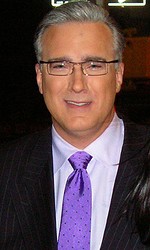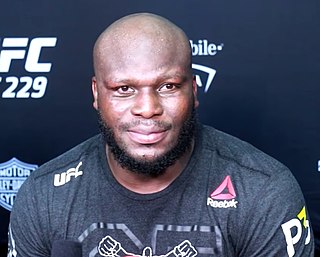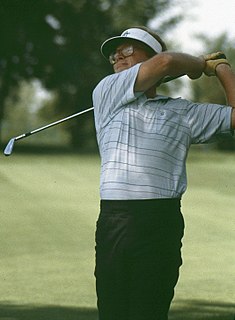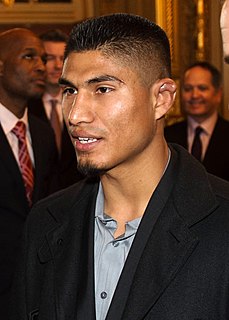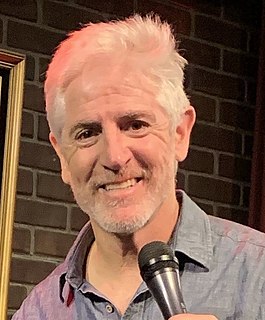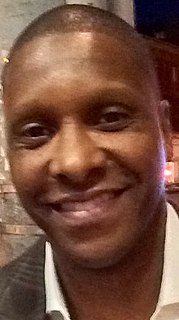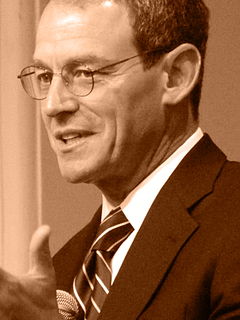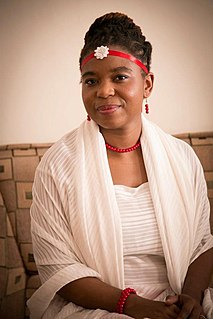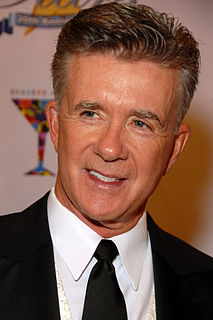A Quote by Mark Duplass
When you're writing a 25-minute episode that can be anything, sometimes you just start with a character, and you let them walk into the room. Then you let your instinct guide you. That's how we made art when we were 15 years old. And that's so fun to us.
Related Quotes
And last, my mom. I don’t think you know what you did. You had my brother when you were 18 years old. Three years later, I came out. The odds were stacked against us. Single parent with two boys by the time you were 21 years old. Everybody told us we weren’t supposed to be here. We went from apartment to apartment by ourselves. One of the best memories I had was when we moved into our first apartment, no bed, no furniture and we just sat in the living room and just hugged each other. We thought we made it.
Nearly all literature, in one sense, is made up of guide-books. Old ones tell us the ways our fathers went, through the thoroughfares and courts of old; but how few of those former places can their posterity trace, amid avenues of modern erections; to how few is the old guide-book now a clew! Every age makes its own guide-books, and the old ones are used for waste paper.
We do want the freedom to move scenes from episode to episode to episode. And we do want the freedom to move writing from episode to episode to episode, because as it starts to come in and as you start to look at it as a five-hour movie just like you would in a two-hour movie, move a scene from the first 30 minutes to maybe 50 minutes in. In a streaming series, you would now be in a different episode. It's so complicated, and we're so still using the rules that were built for episodic television that we're really trying to figure it out.
Journalism taught me how to write a sentence that would make someone want to read the next one. You are trained to get rid of anything nonessential. You go in, you start writing your article, assuming a person's going to stop reading the minute you give them a reason. So the trick is: don't give them one.
I first fell in love with music when I was five years old because of 'Annie.' And then 'The Little Mermaid' really made me want to start singing. And then the fierce, amazing women of the '90s - Alanis Morrissette, Courtney Love, Tori Amos, Ani Difranco, Paula Cole, Patty Griffin - made me want to start writing.
The key to writing for Richard (Pryor) was to just push his buttons and then know when to push the buttons on your cassette recorder. You'd get him started, then surreptitiously start recording when he got inspired and started walking around the room and improvising in character. Then you'd get it all transcribed and take credit for it.

